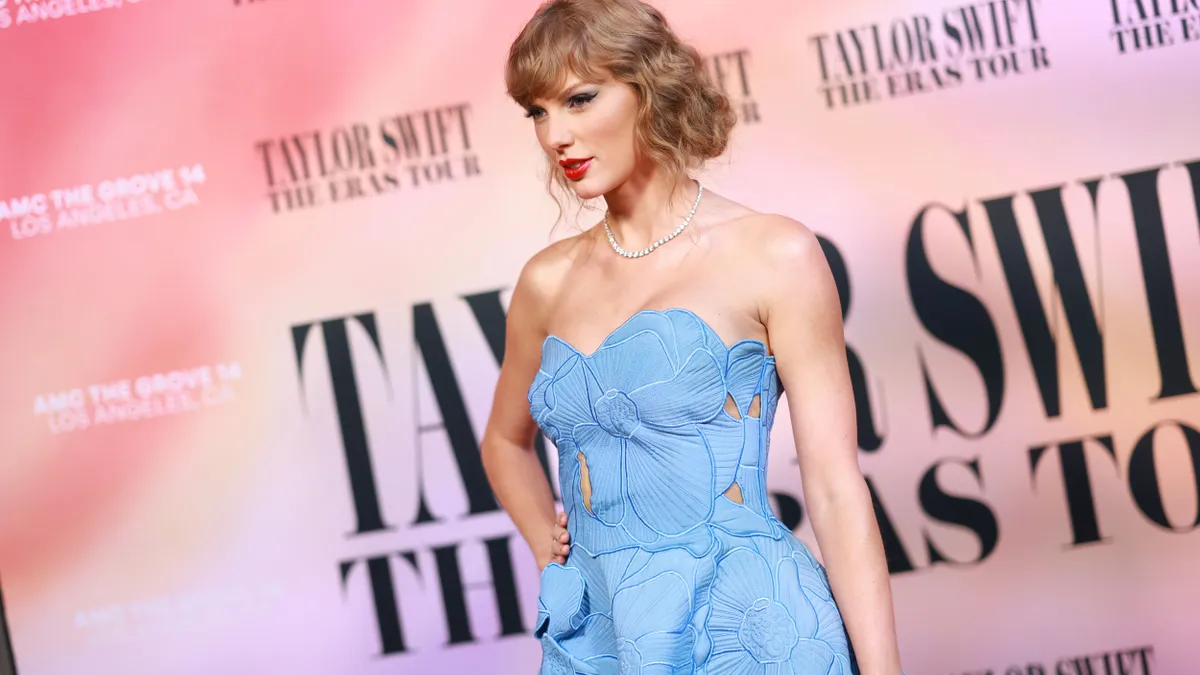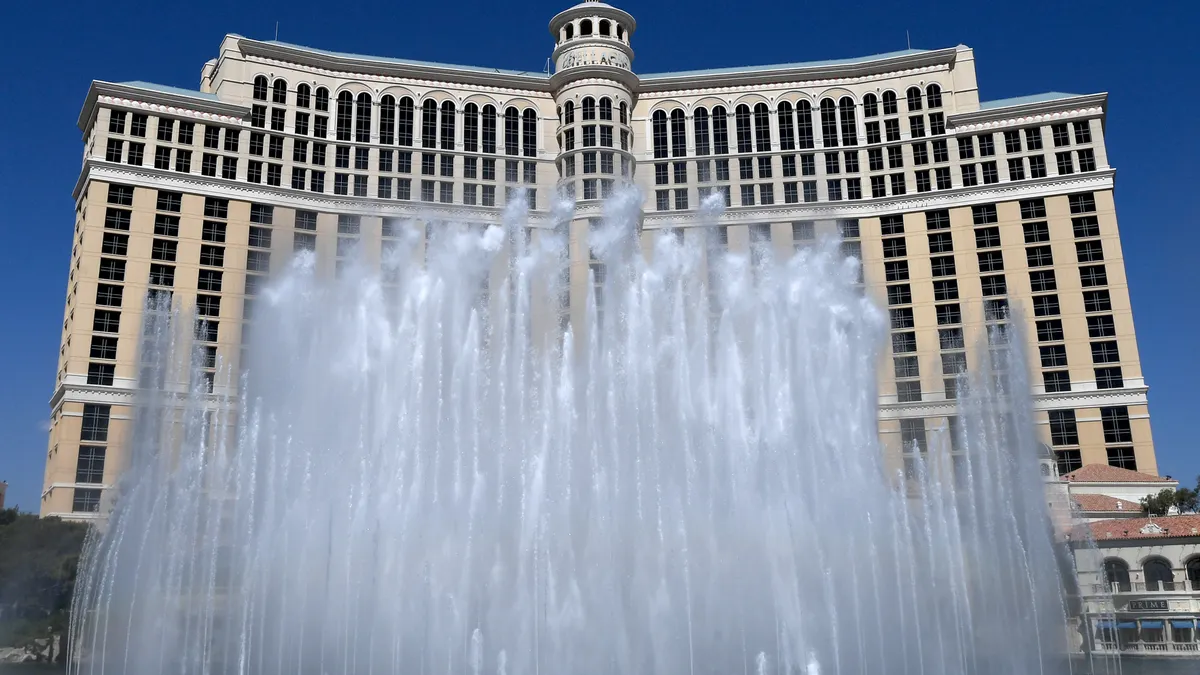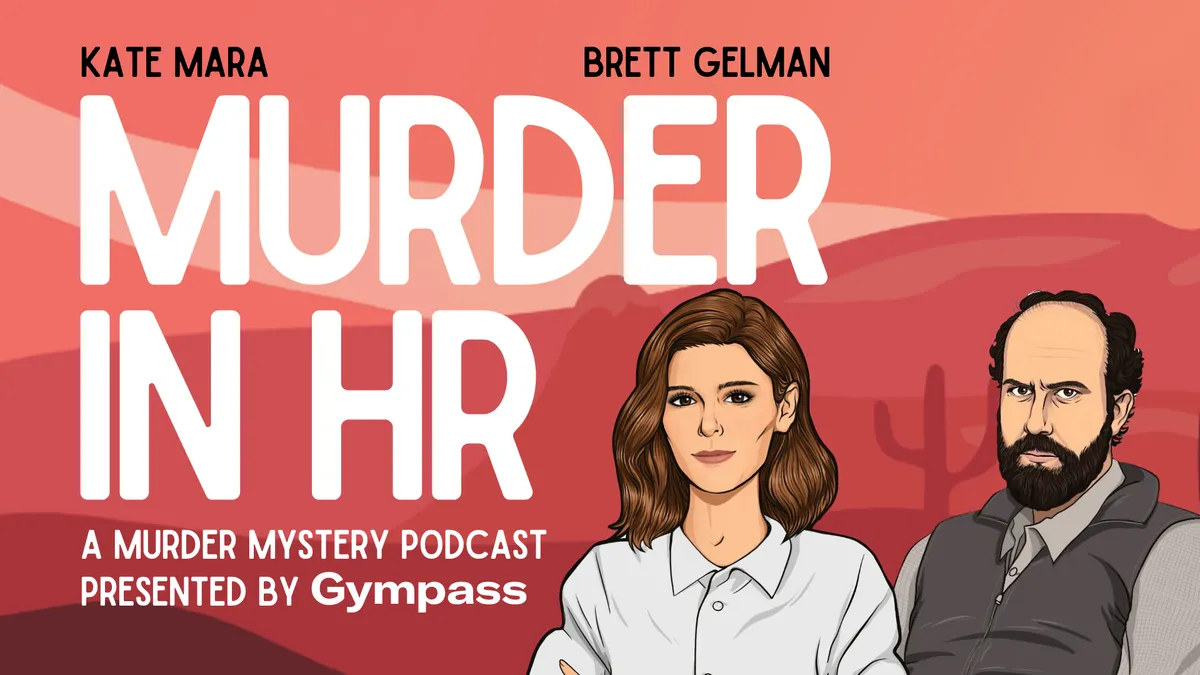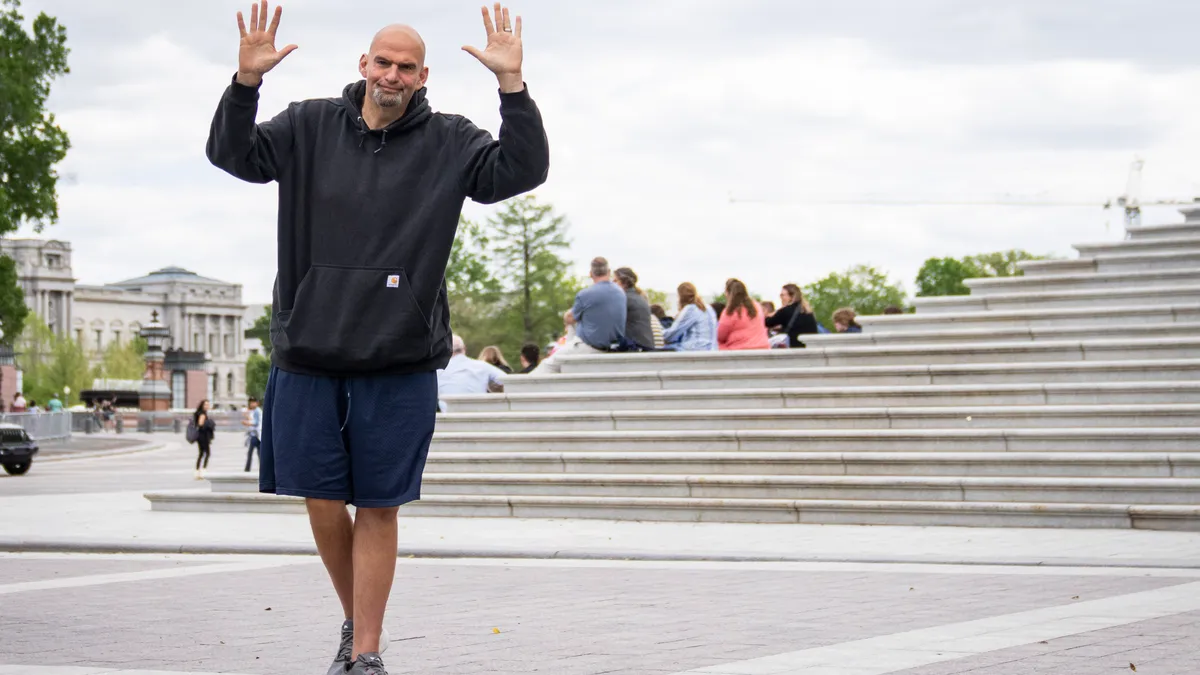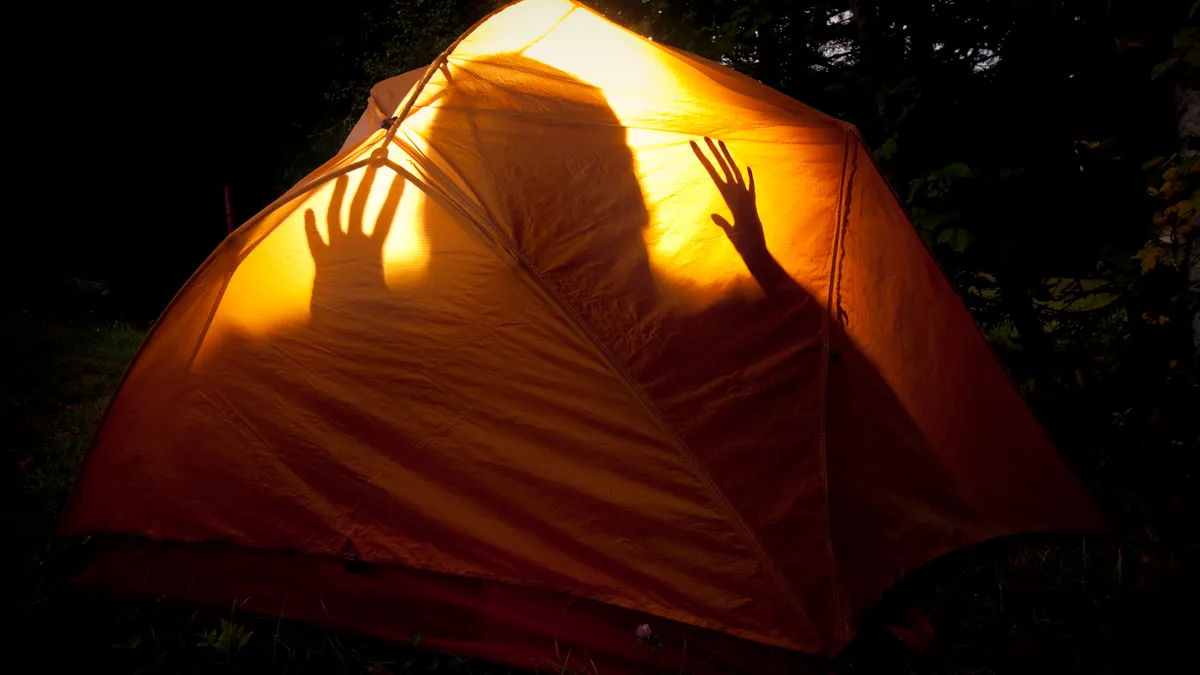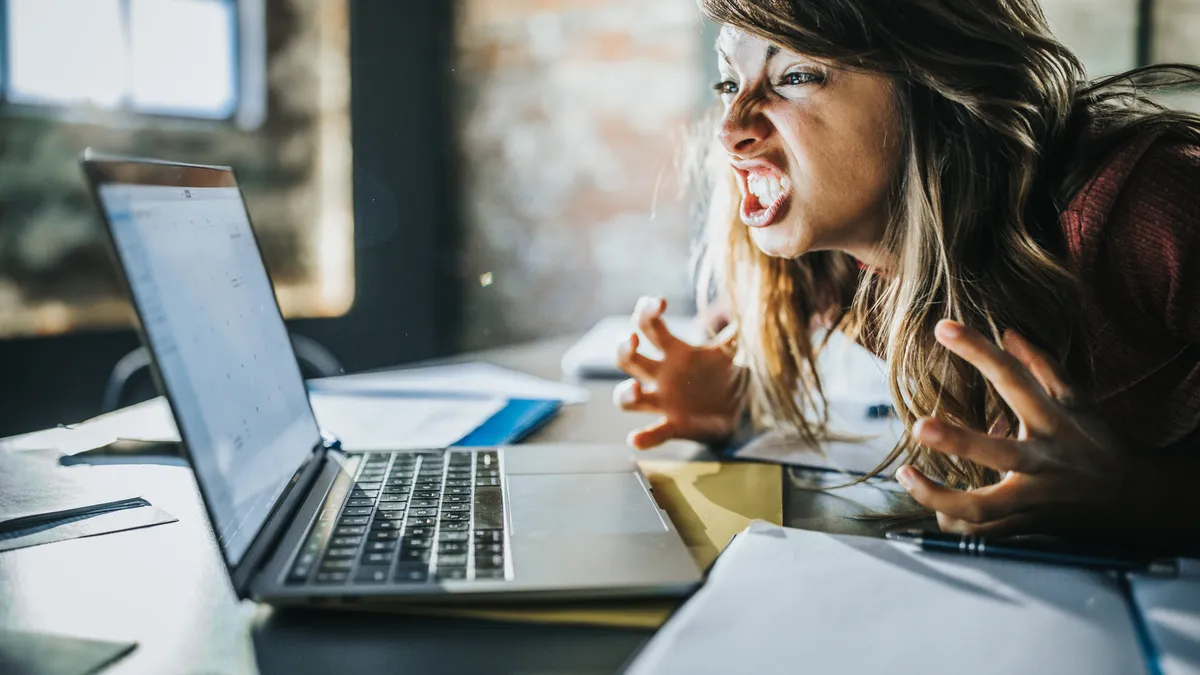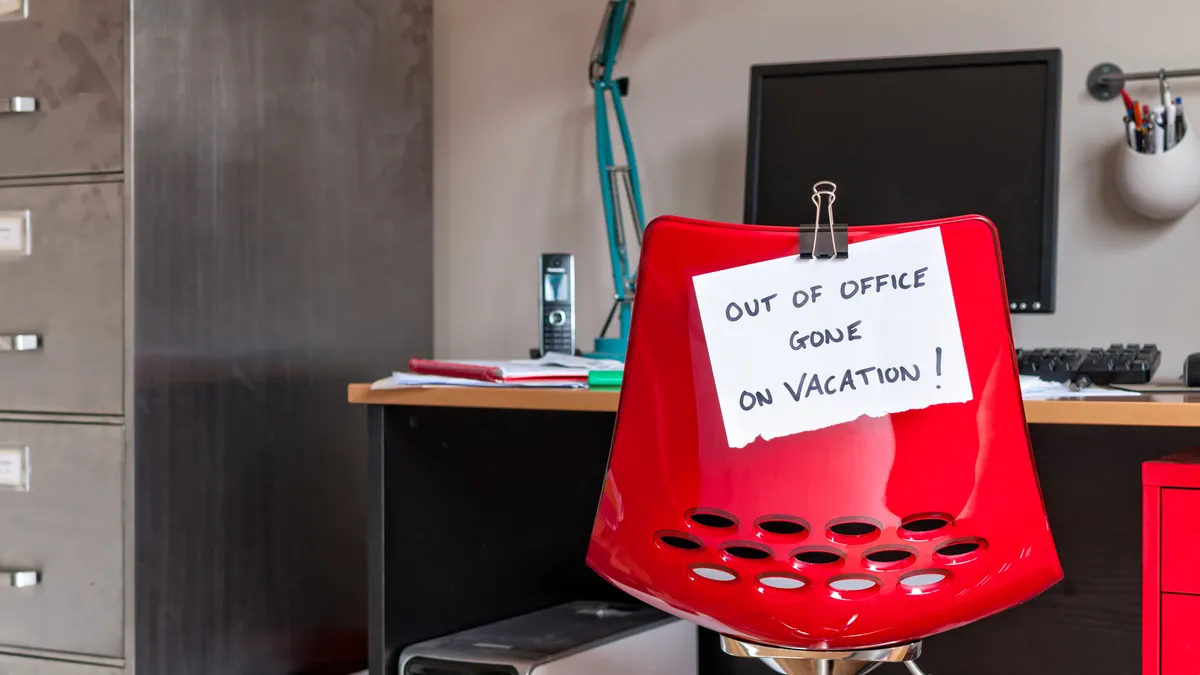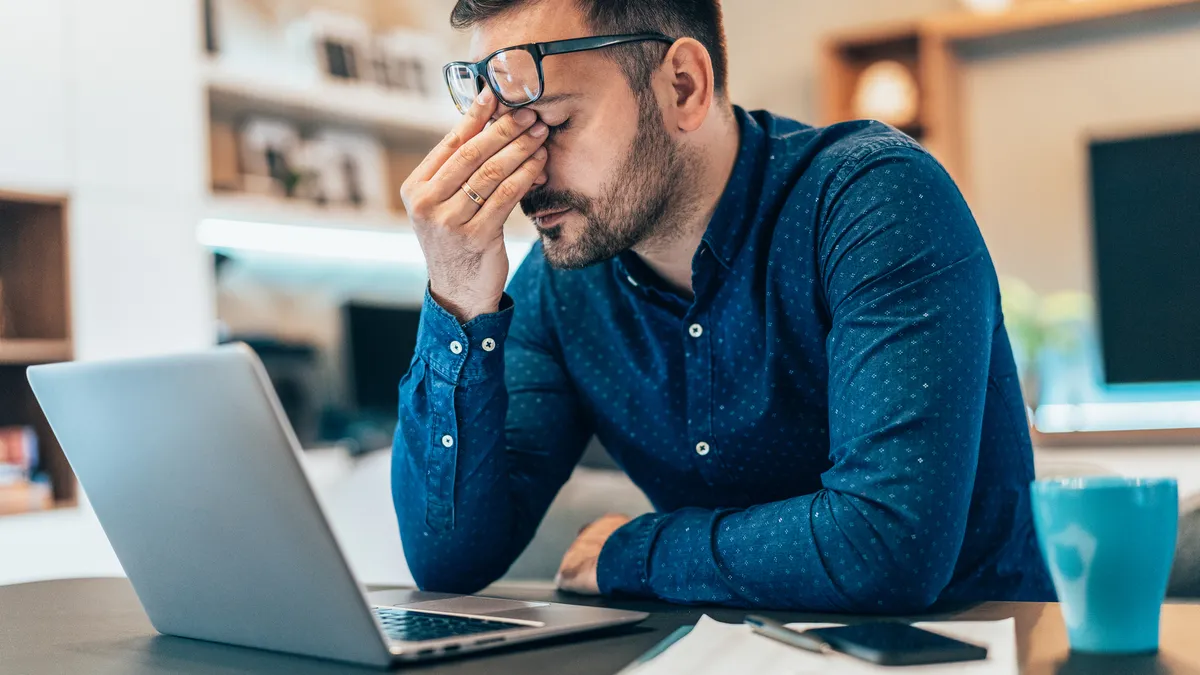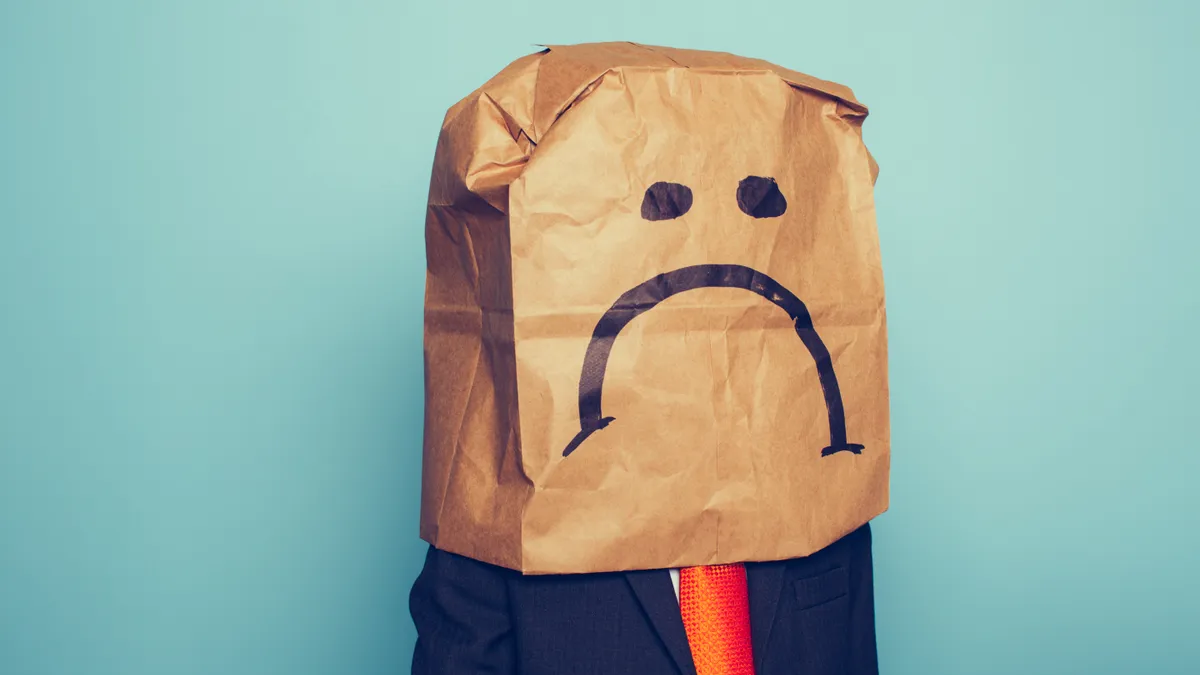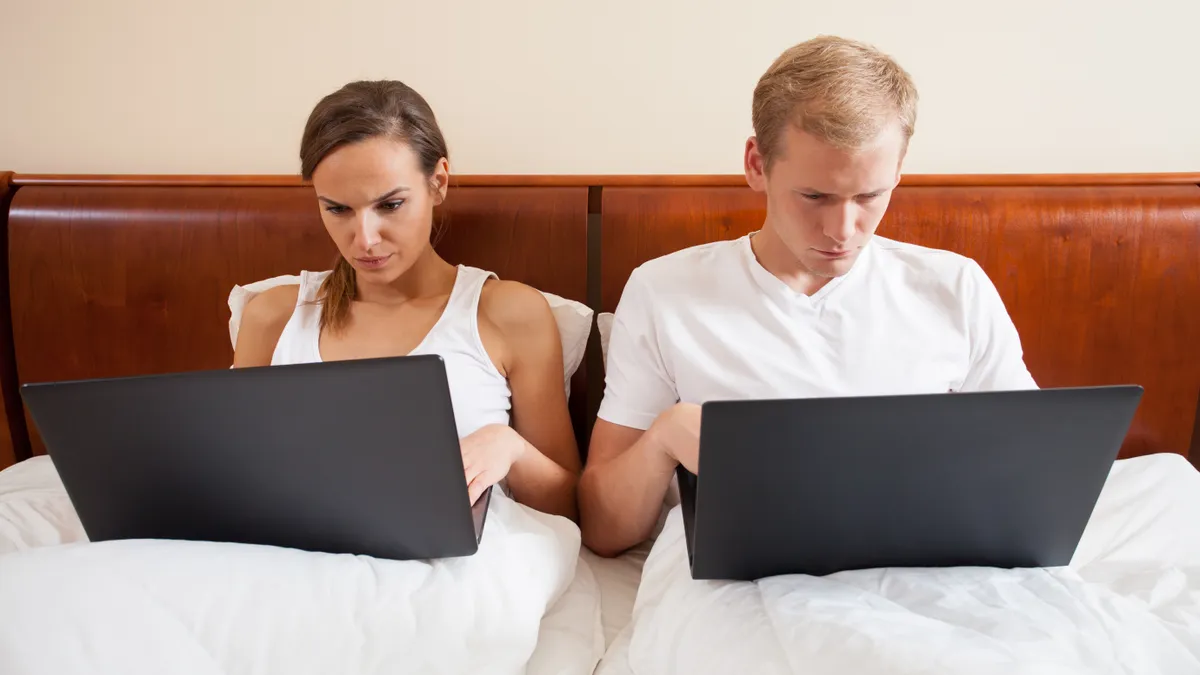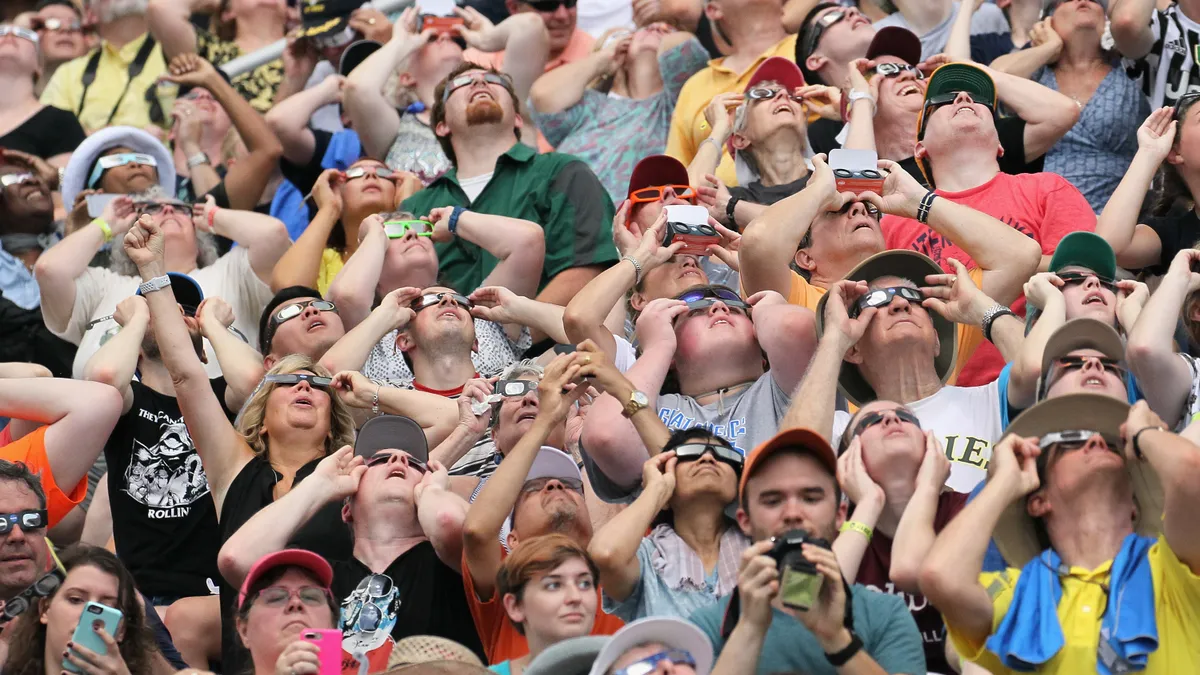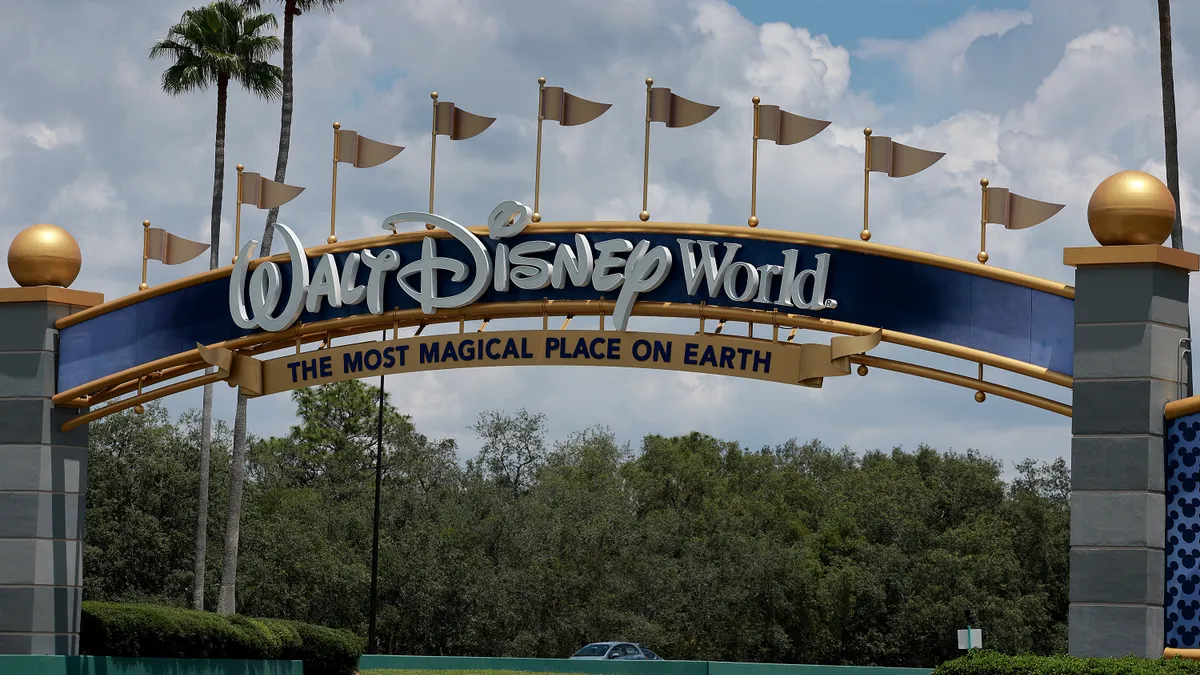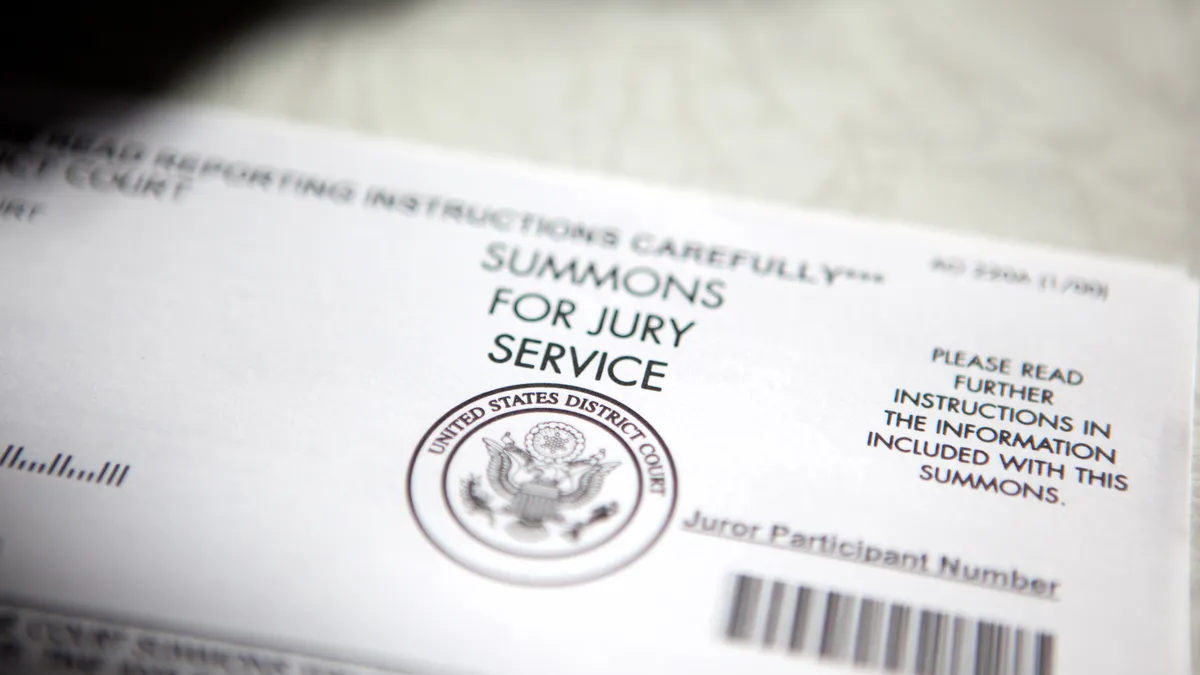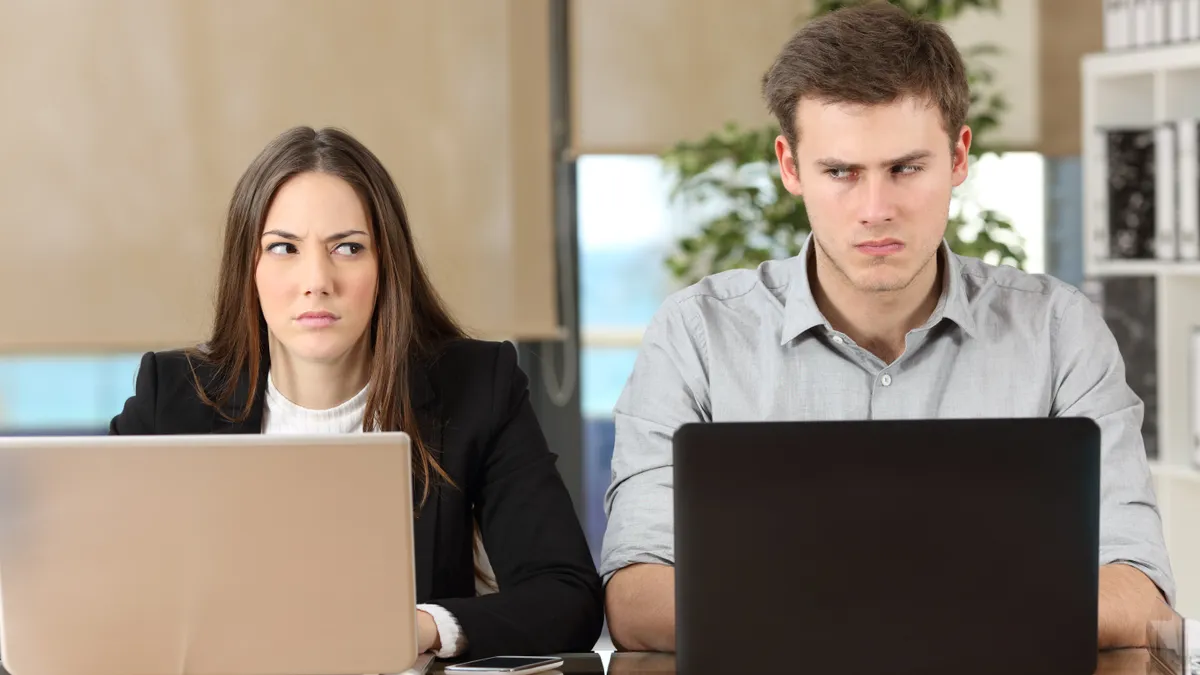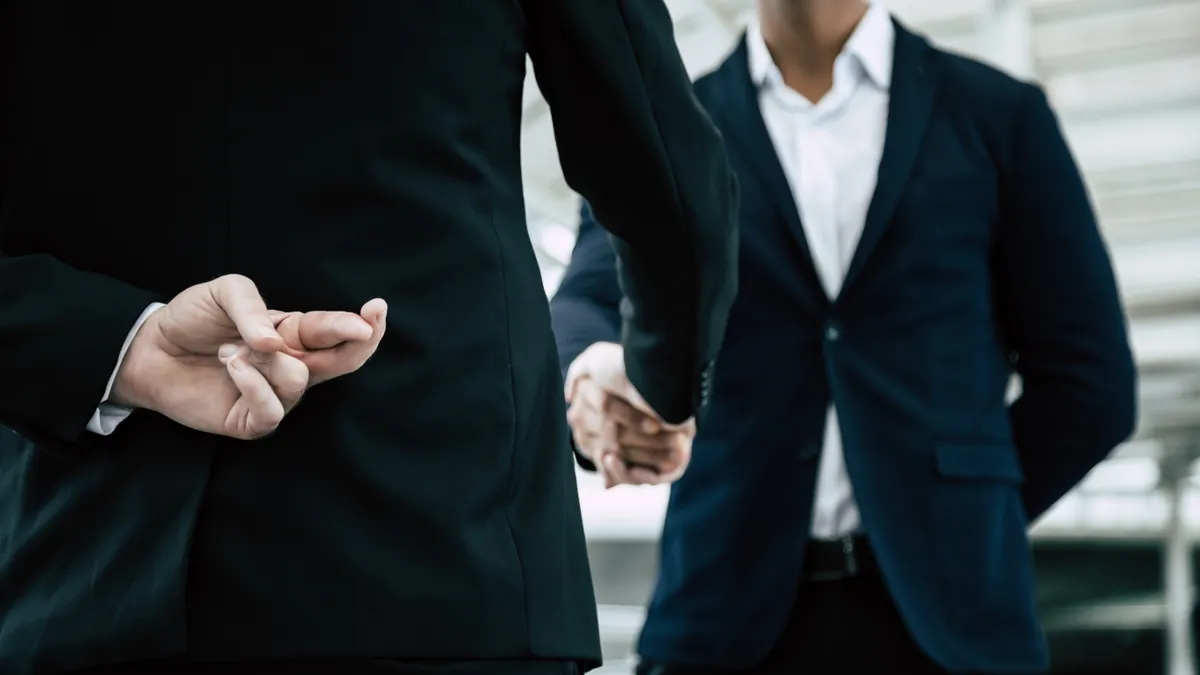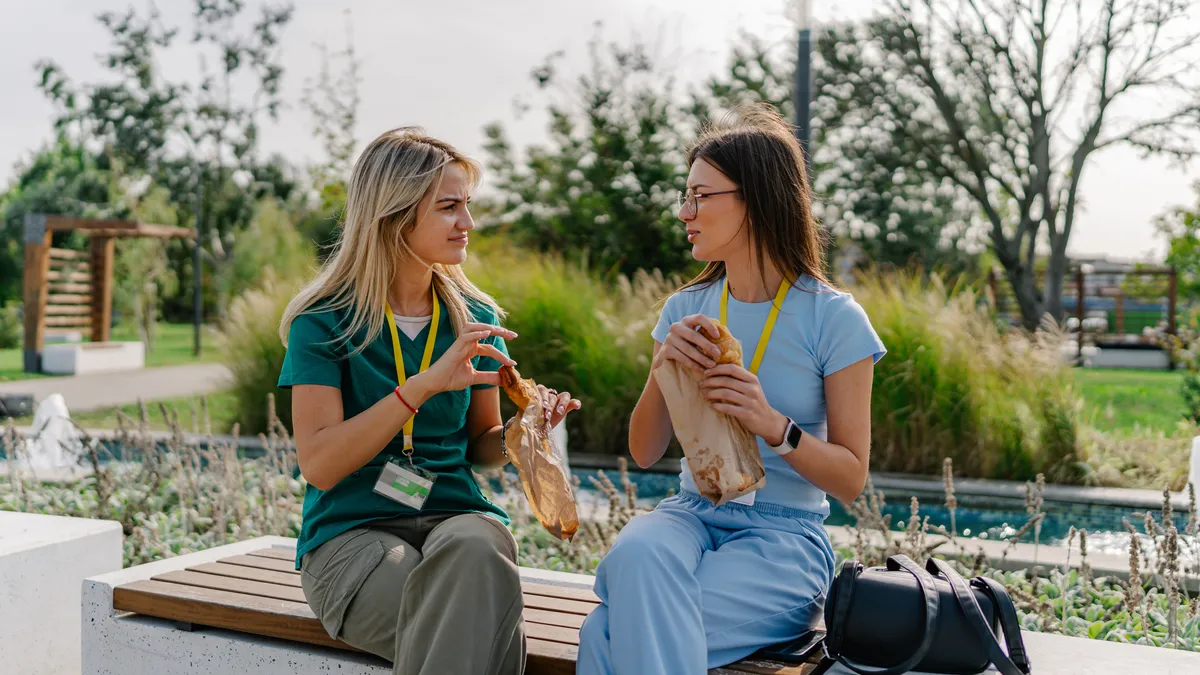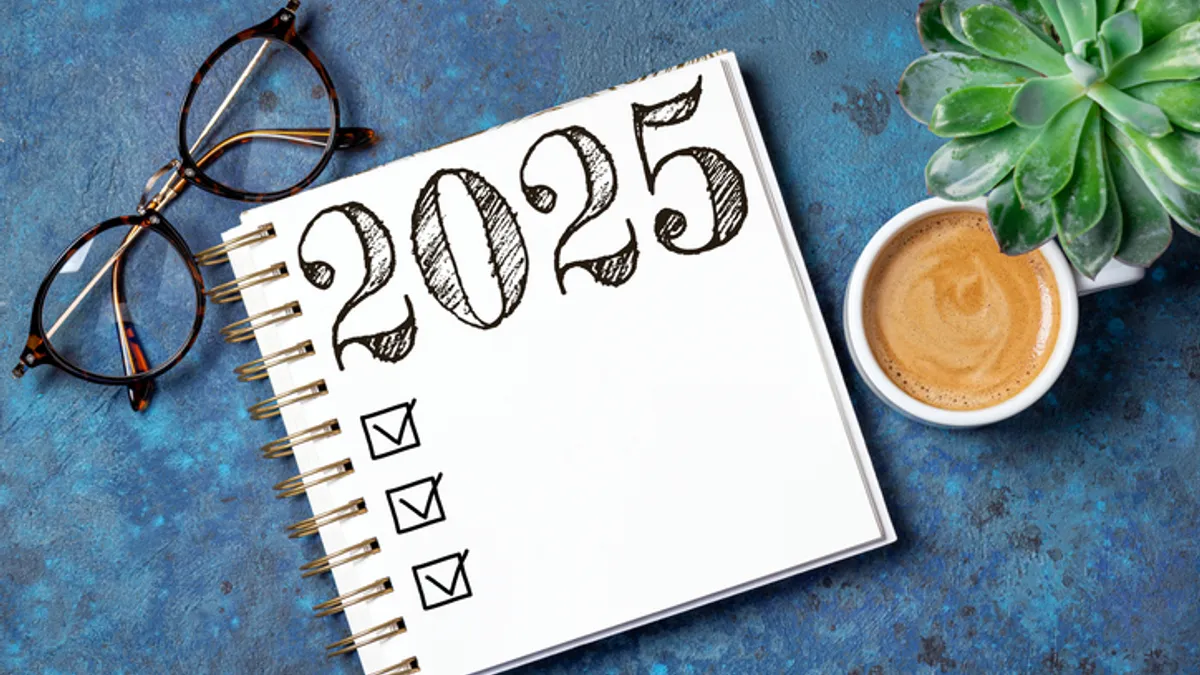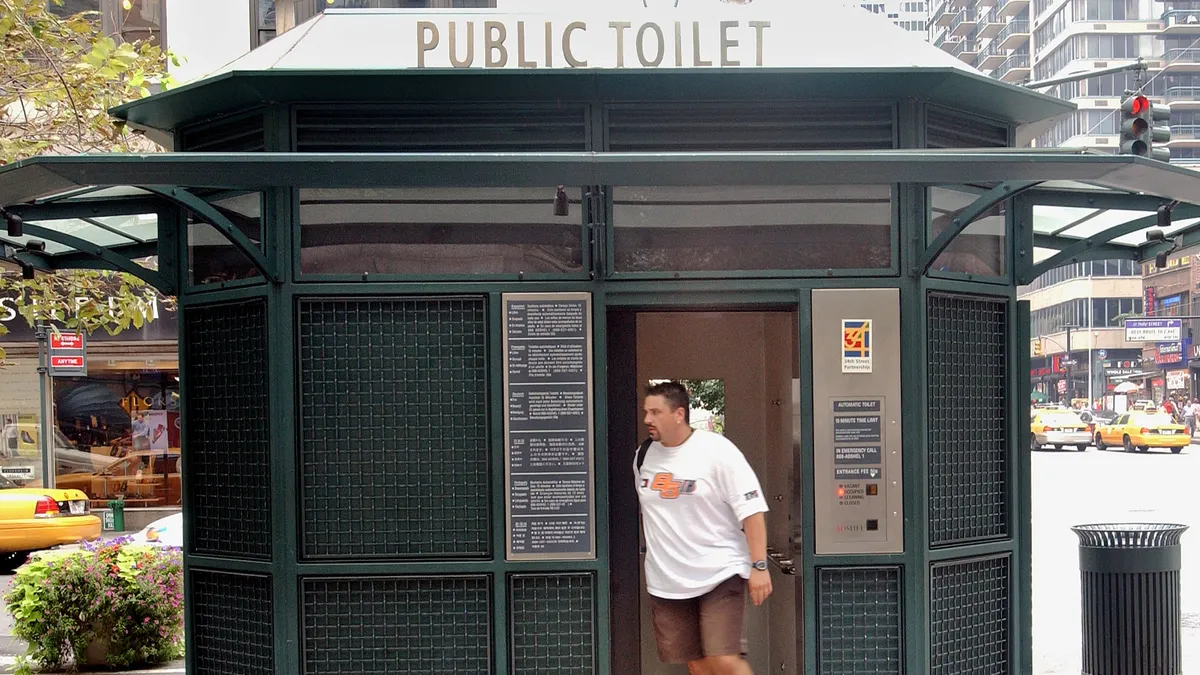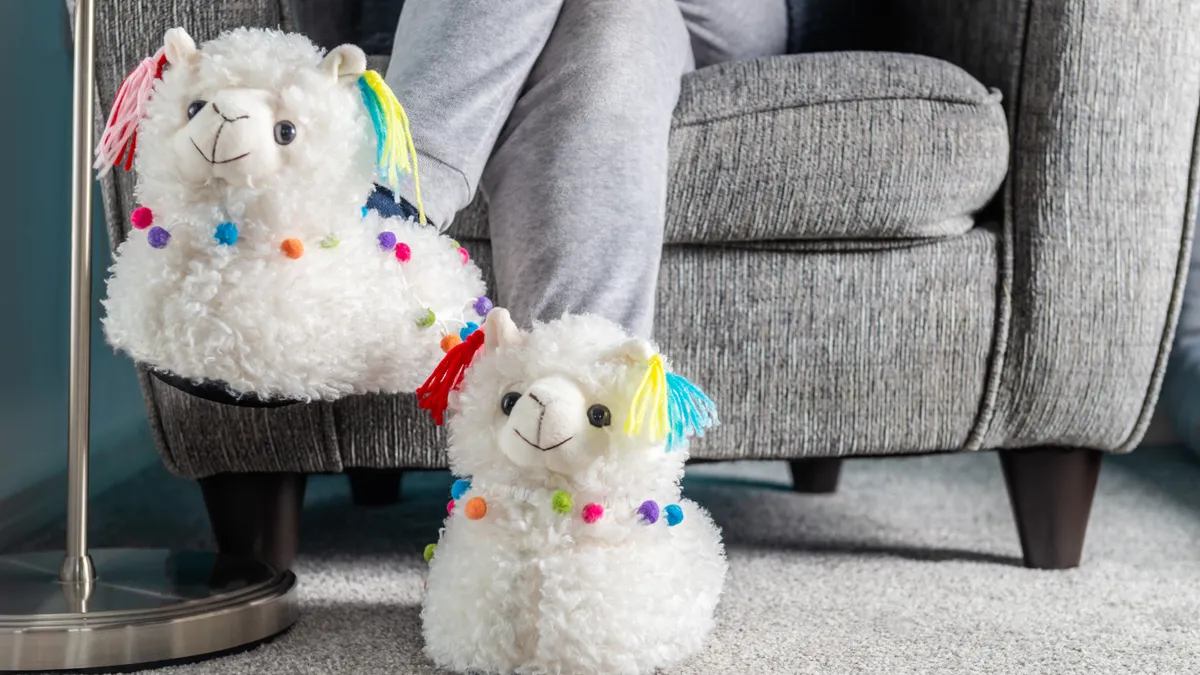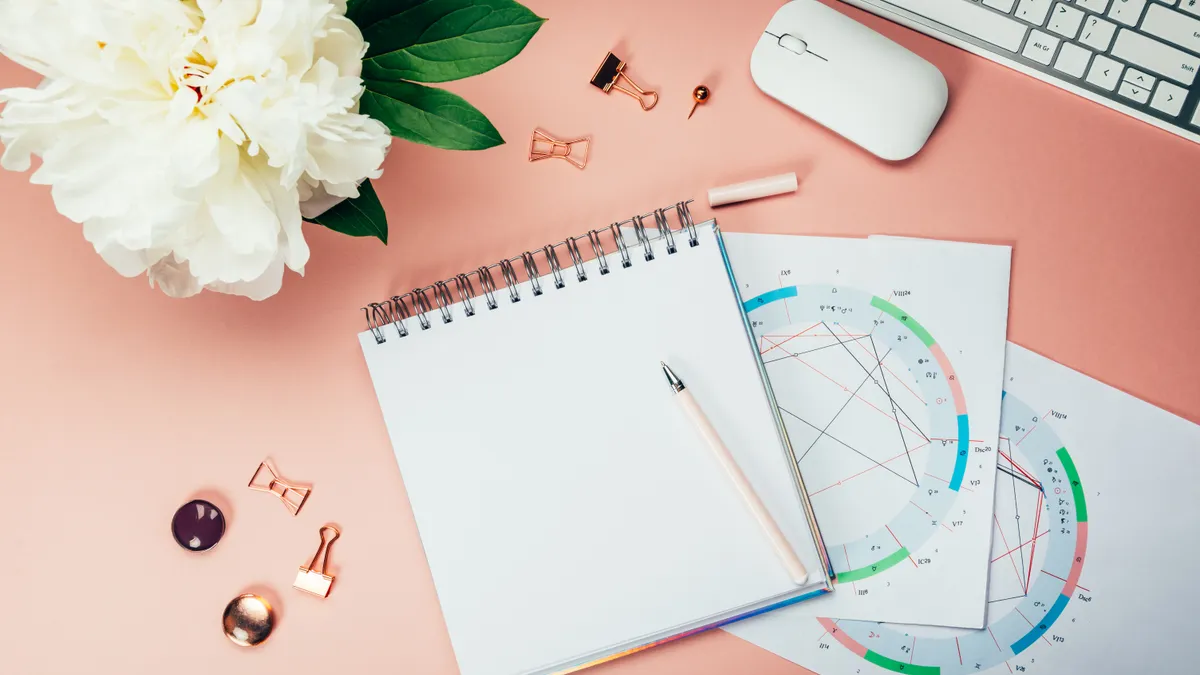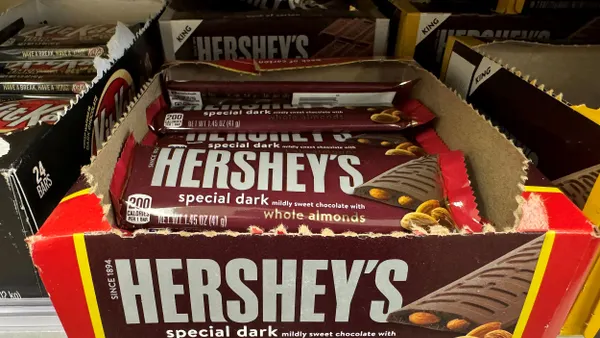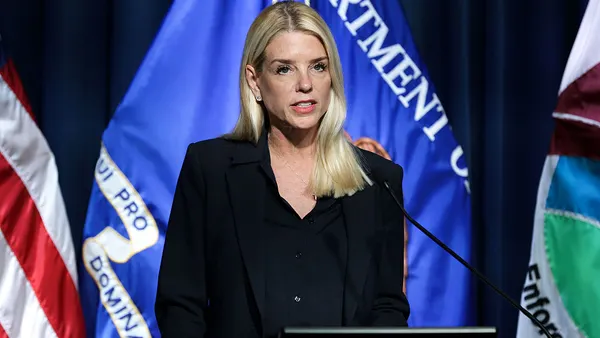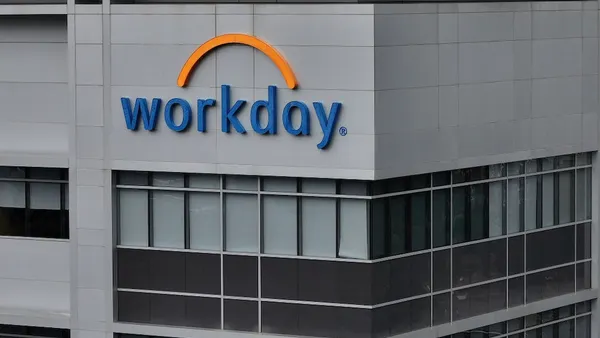Editor’s Note: ‘Happy Hour’ is an HR Dive column from Reporter Ginger Christ. Follow along as she dives into some of the offbeat news in the HR space.
As Swifties and football fans alike gear up for Super Bowl LVIII, talk around the water cooler — or on Slack — is bound to pass into the red (Taylor’s version) zone.
Of the leading workplace distractions in 2023, Taylor Swift concerts, the Super Bowl and Swift’s re-recorded Speak Now album release (in that order) were among the top 10 events, according to a survey by Workamajig, a web-based project management software tool, conducted in the fall.
Roughly 10% of the more than 1,600 U.S. workers surveyed identified a Swift concert and the Super Bowl as their top event-related workplace distractions in 2023, while about 7% pegged Speak Now as the main culprit. Fans of the movie Barbie can happily note that while the film was snubbed for the best directing and lead actress Oscar nominations, it did rank No. 1 among top workplace event distractions, per the survey. Hey, Barbie!
Despite the dubious title of “top distractions,” the topics du jour didn’t detract from time spent working THAT much. Fifty-five percent of those surveyed said they lost 30 minutes or fewer to the events, and 14% admitted to spending one to two hours sidetracked.
Chatty co-workers, office noise and gossip had a far greater impact for those who work on-site, while household chores, family members and guests or visitors were major distractions for those working remotely, the survey found.
In all, nearly 90% of the U.S. workers surveyed said they get distracted at least once daily, while just about 1 in 4 estimate it’s upwards of six times per day, Workamajig said. As someone who regularly coaches myself out loud to “focus” during the workday, this tracks. That amounts to 1 hour and 18 minutes daily lost daily to distractions, or 340 lost hours per year, per the report.
Esther Cohen, director of marketing at Workamajig, said multitasking can cause something called a “task-switching penalty” while the brain switches from one task to another.
“Switching from one task to another causes the brain to rearrange its priorities,” Cohen said. “If you do this over and over again, you essentially tax your brain under a massive cognitive load. This affects your productivity negatively.”
Cohen’s solution? Simple. “Stop multitasking.”
Easier said than done, I type, while petting my cat and telling him he is the most perfect handsome boy.
To stay focused, Workamajig recommends managing notifications by using tools like Slack’s “Do Not Disturb” feature and having a set schedule to check that ever-growing inbox.
But, in the age of hybrid and remote work, four-day workweeks and overall greater flexibility in how and when we work, I’m not sure losing an hour here or there to distractions should be a major concern for employers. In fact, I advocate we all take periodic 15-minute walk breaks to recharge our minds and get out of our desk chairs. Maybe that’s just the millennial in me talking.
Experts who have spoken to HR Dive previously have noted that taking a break — via distraction or procrastination — can provide a needed reset.
So, turn on “Karma,” set those fantasy football lineups and find a killer dip recipe for arguably one of the biggest Sundays of the year (I see you, Easter.). Let that guy on the Chiefs come straight home to your TV.



